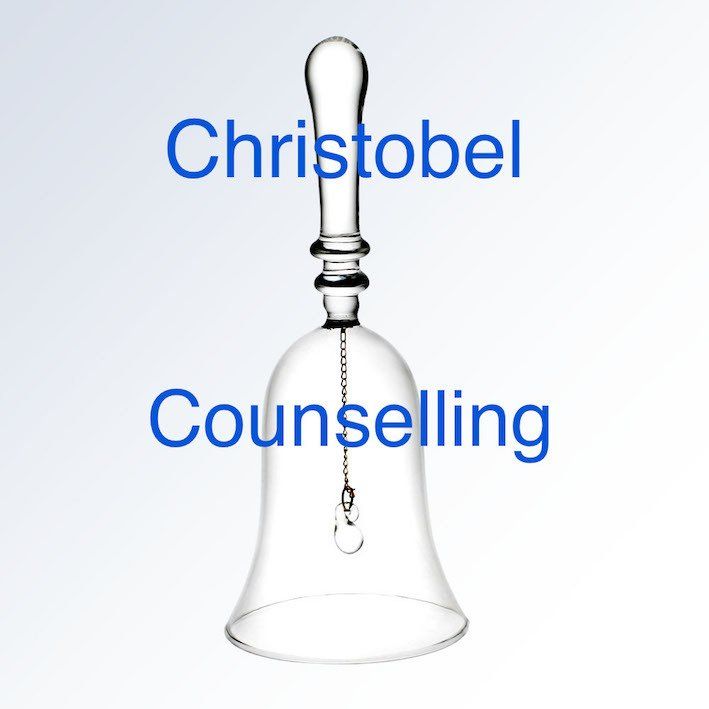Does my child need to see a therapist?
Does my child need to see a therapist or a counsellor?
The lives of children can be quite stressful – there’s the expectations of the school environment, study and exams, friendships and family relationships, and as the child gets older personal development, peer support and self image. Then there’s the possibility of significant life events –an illness or a death in the family, parents separating, relationship breakups. Some of these events most people would find stressful and some of that discomfort is the feeling of having very little control over what’s happening. This can be very disconcerting.
Ideally there will be someone in the family for the child to talk to, a parent, a grandparent, aunty or friend. What the child probably needs more than anything is the opportunity to talk – in our busy lives such opportunities can be hard to find.
Most parents try to create this time. There are times however when your child seems unable to express what they are feeling and what you notice is a change in behaviour.
When do you know that the behaviour you are seeing in your child is a concern ? Perhaps when you start to worry, when you notice the difference in their behaviour – clearly that can get tricky too because children do change as they develop …… if you are worried talk to someone about it. If you have a GP whom you can talk to that can be a good start to help you decided what kind of help you need and who to go to.
Sometimes children can benefit from therapy.
It may be some issues the school has identified, attention difficulties you have noticed, including difficulty managing to complete tasks. It may be that they are getting upset or angry or complain of being bullied, or is doing the bullying.
You might notice changes in appetite, moodiness or spending more time in their room, activities they previously enjoyed no longer of interest and nothing has replaced that enjoyment, increased periods of anxiety or sadness …….
If your child does not share what is happening for them, with you, you might find a family member they would or have confided in or you could consider counselling. As a counsellor at this practice who sees children I would say that it is not always helpful to just refer the child to the counsellor to sort, with out some back ground information.
I would always recommend that the parent/s attend the first session either with the child or before the child attends, to enable a shared understanding of the circumstances the child is living in. All families are unique and family dynamics vary.
Depending on the age of the child they may benefit from an opportunity to talk to someone independent of the family to help sort something out in their mind. Whereas there will be times when it would be helpful for the family to attend some sessions with the child to enhance positive interactions in the family that will benefit the child, and in turn the whole family.
The counsellor can discuss these options with you at the first session or as sessions continue and also clarify issues around confidentiality.
The counsellor may also suggest to consider discussing a Mental Health Care Plan (MHCP) with your GP to assist with the cost of sessions with a Medicare rebate. To have a one hour session with counsellor Di Clough, the charge would be $100 for a child under 18 and with a MHCP you would be entitled to claim $75.95 back from Medicare.
Business Hours
Monday: 9am-5pm
Tuesday: 9am-5pm
Wednesday: Closed
Thursday: 9am-5pm
Friday: Closed
Saturday: 10am-4pm (fortnightly)
Sunday: Closed
Certifications
Masters of Counselling
Memberships
Australian Association of Social Workers (AASW)
Psychotherapy & Counselling Federation of Australia (PACFA)
Payment options


